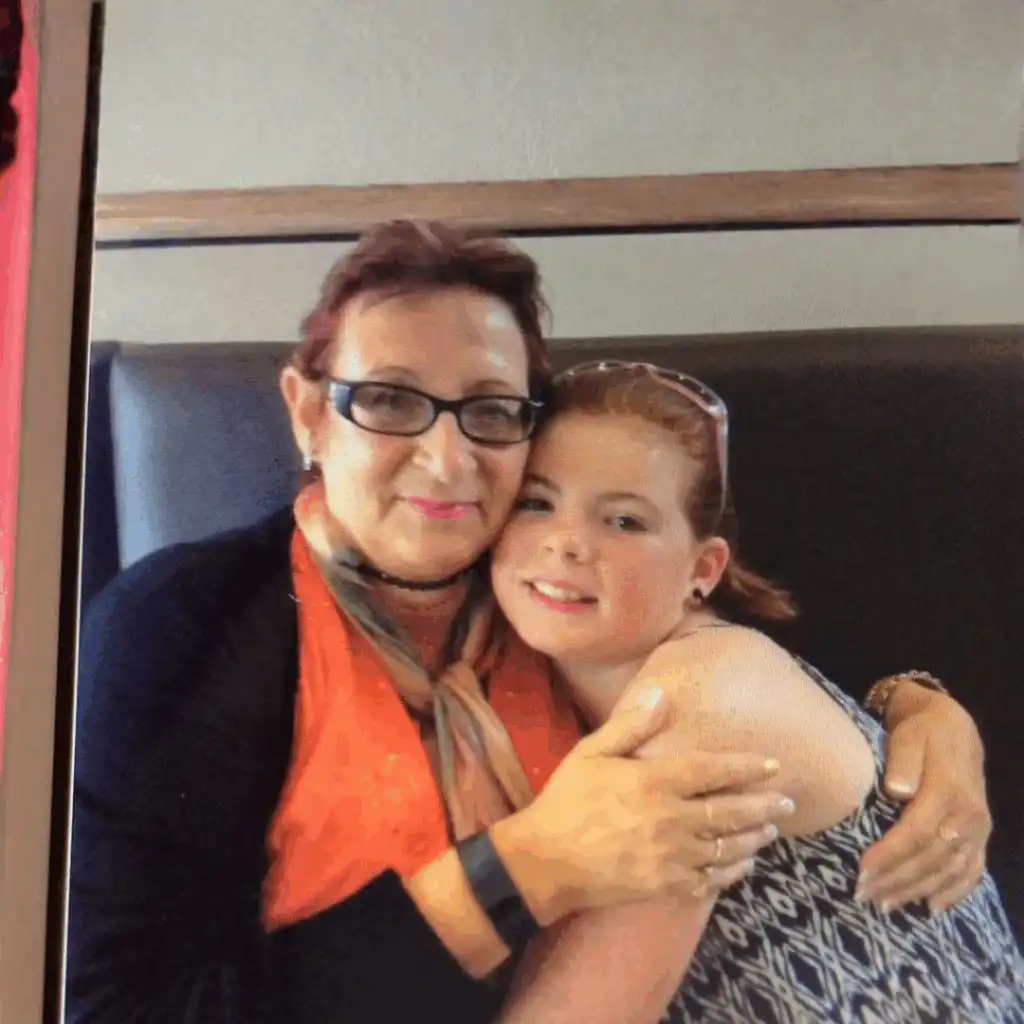End-of-life planning, also known as advance care planning, can be a very sensitive and complicated topic for many people. Some may find it confronting and avoid thinking about it, while others may be more accepting and openly make plans and discuss them with loved ones.
Regardless of your age and health, everyone should consider making an advance care plan. It outlines your values, and the future medical care you would or would not like to receive if you can’t decide for yourself at the time. Not only does it mean your opinion and choices are heard during end-of-life care, but it also helps to relieve some of the pressure and stress from your loved ones to make decisions on your behalf.
Involving your loved ones
Although it may feel difficult, discussing your end-of-your life planning with your loved ones can help to assure them that you are receiving the care you want, so you experience the best quality of life as possible before passing.
Talking about end-of-life planning isn’t just one conversation. It is likely to be several conversations that take place, ideally when you’re able to make informed decisions, and these can continue throughout your life. Like many people, you might find initiating this conversation with loved ones very tricky. You may be feeling uncomfortable and anxious about it, or putting it off out of fear of upsetting loved ones. Unfortunately, there is no instruction manual that teaches you how to have this conversation. Everyone approaches it differently and there is no right or wrong way to do it.
Gathering your thoughts
Before having the conversation with your loved ones or friends, you may wish to gather your thoughts on your advanced care plan and to be aware of the type of decisions you will need to make. Utilise the relationship you have with your treating healthcare team for support in learning about and developing a plan. Your doctor will have an integral role in facilitating your advance care plan and will support you through the process. They can discuss the information with you in the context of your health which can help you make informed decisions about your preferences and give you confidence in your decision making.
Preparing for the conversation
Firstly, you will need to think about who you would like to have involved in the discussions around your end-of-life planning. Is it your spouse or partner? Your child, a sibling or a friend?
You will also need to consider how you would like to involve your loved one/s in your end-of-life-planning. This may take some thought as you consider whether you would like them to be part of the decision-making process with you and your doctor, or whether you would just like to let them know of your wishes. You may initially want to ask them what they think about end-of-life planning. How you involve your loved ones will be different for everyone and dependent on many factors.
Once you have made those decisions, working out when and where to have the conversation will be important.
- Would you a prefer one-on-one or group discussion with loved ones?
- Do you have a quiet meeting place in mind, where you can have an open and calm conversation?
- When is the next best opportunity for you to begin the conversation? Do you routinely catch up and speak with your loved ones or will you need to arrange a time?
Starting the conversation
Beginning these conversations is never easy and not wanting to cause upset when things may be calm makes it even more difficult. However, starting the conversation early can allow your loved ones to have time to understand the important decisions being made, and in turn provide you solace in knowing your choices are understood.
- Write a letter or invitation to the people you want to include in the discussions. This will prepare them to be open to participate in the conversation.
- Think of a simple introduction or icebreaker to start the conversation. It could be as simple as “I need to think about the future. Will you help me?”, “I know it might be hard to talk about, but it’s really important to me” or “I’ve been speaking to my doctor, and they have asked me to think about a few things….”.
- Write your wishes and medical preferences down to guide you with the conversation or if you have a documented plan, have a copy with you.
- If you are unsure how to proceed, speak with your GP or treating healthcare team and request a referral to a social worker who can provide support and guidance to facilitate the conversation.
If you would like more information on starting a conversation about advance care planning with your loved ones, visit Advanced Care Planning Australia. They also offer a national advance care planning support service, enabling Australians to make the best choices for their future health and care. You can connect with this service by calling 1300 208 582 or via their website.
Documenting end-of-life plans
Documenting your end-of-life preferences is helpful for both you and your loved ones. Documentation can be an informal process, where you write down your wishes on any paper, or it can be more formal with documents that are legally recognised. The legal documentation of your future health care wishes is called an “advanced care directive”. Sometimes known as a living will, an advance care directive guarantees your wishes and preferences will be understood, respected, and followed if you are unable to communicate them yourself. Through an advance care directive, you can also formally appoint a substitute decision-maker to make health care decisions for you. This appointment of this person is very important – they may be a close family member or someone you trust to make decisions that are in your best interest.
If you would like to set up your own advance care directive, Advanced Care Planning Australia has a helpful “Getting Started Guide” to assist you with the process.
The process of creating an advance care directive and the names of the required documents vary between states and territories. Advance Care Planning Australia website houses information for each state and territory.
Was this page helpful?
Good job! Please give your positive feedback
How could we improve this post? Please Help us.



